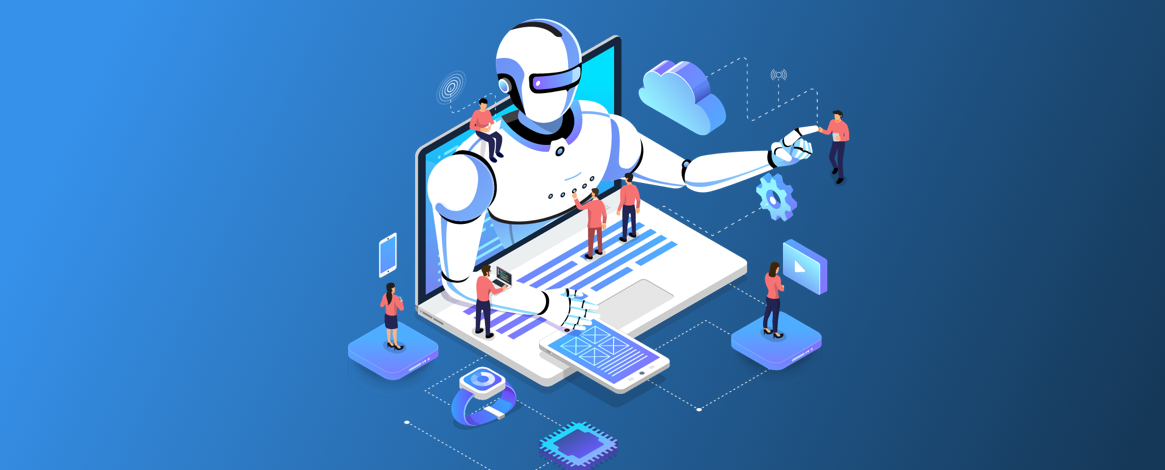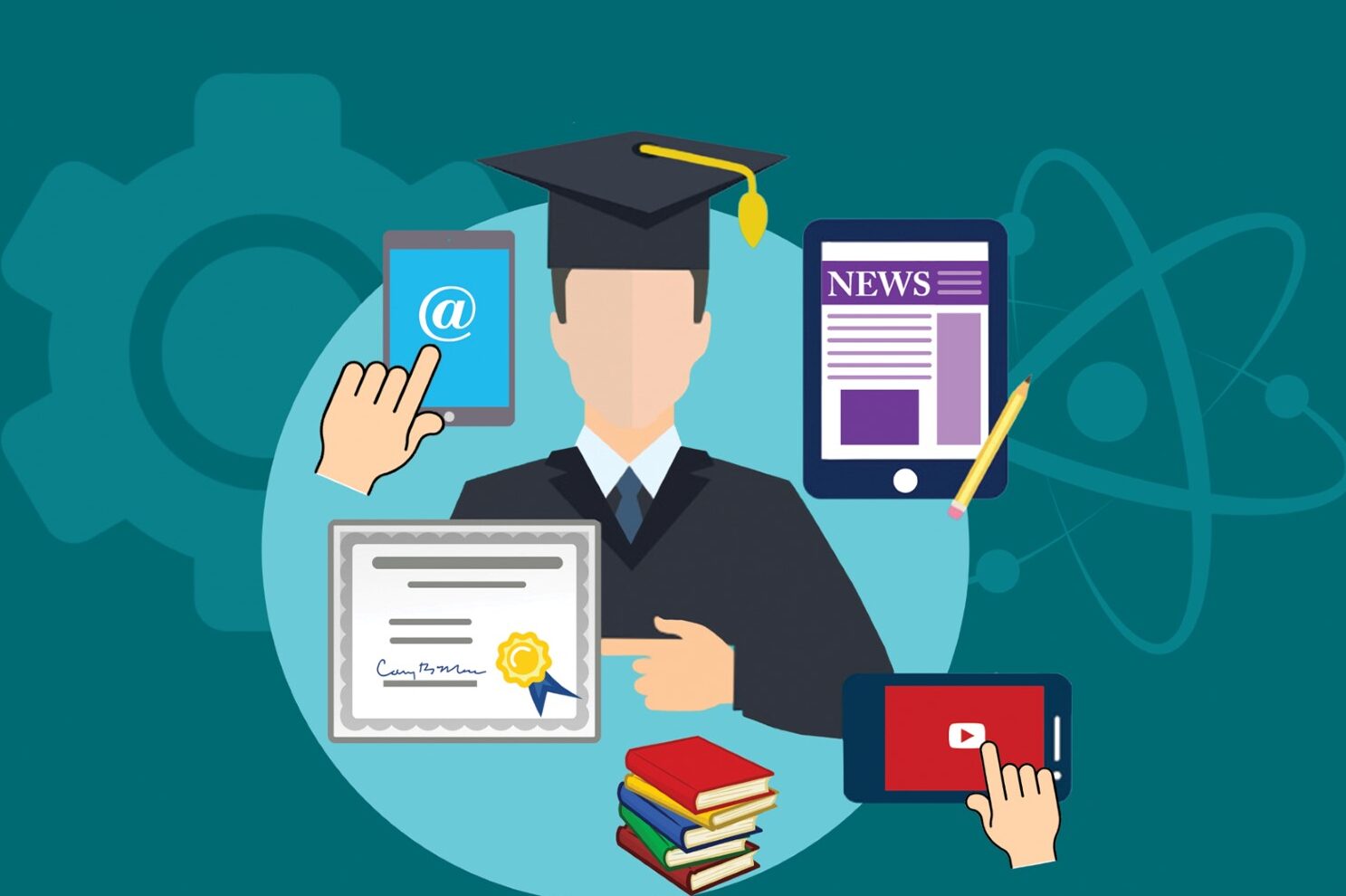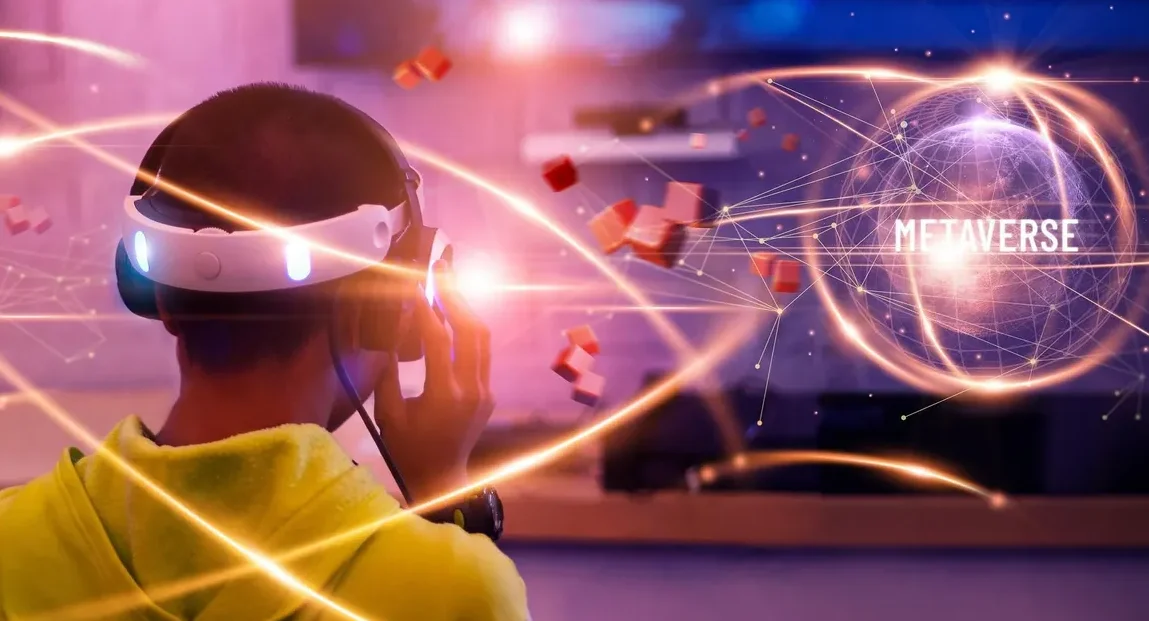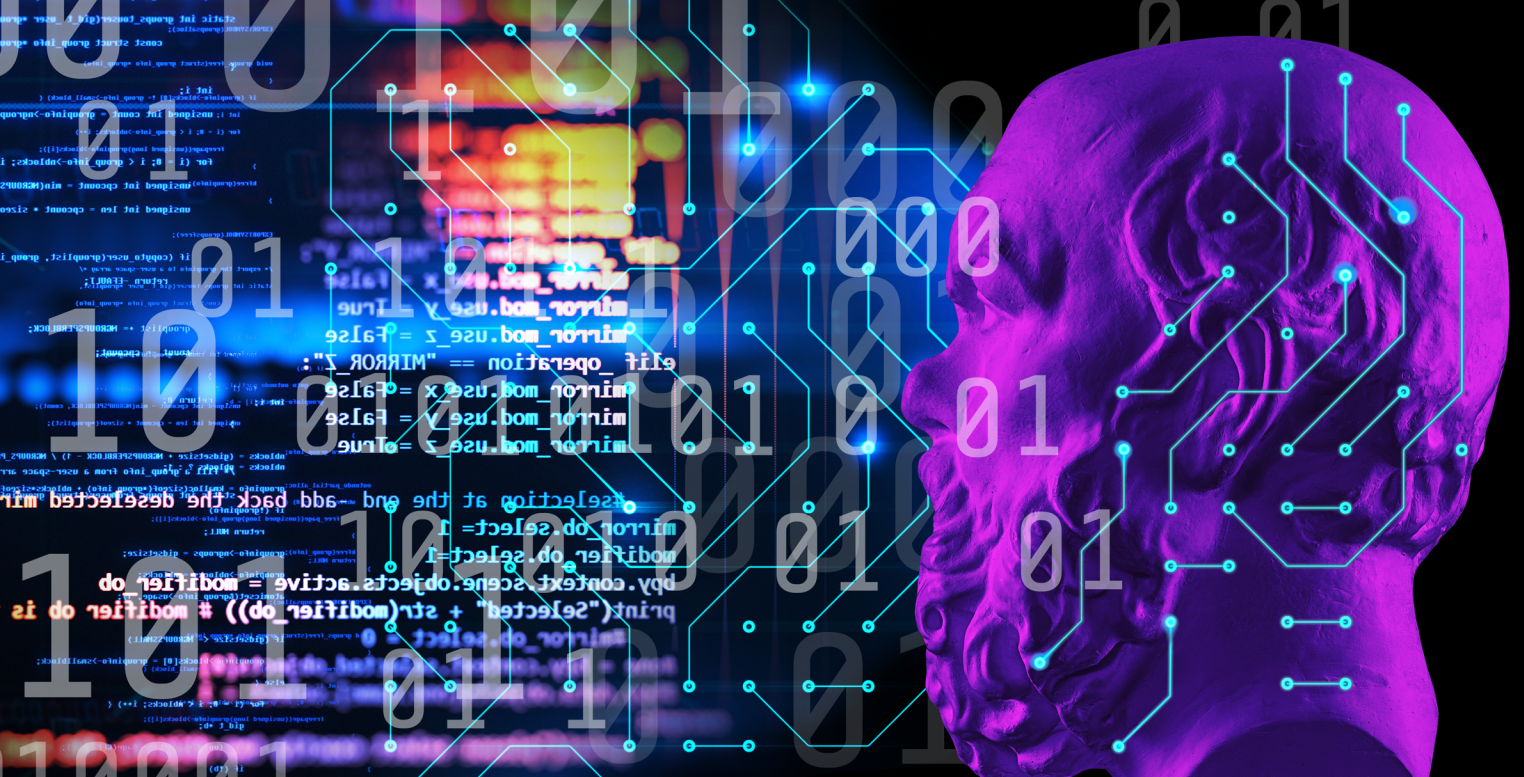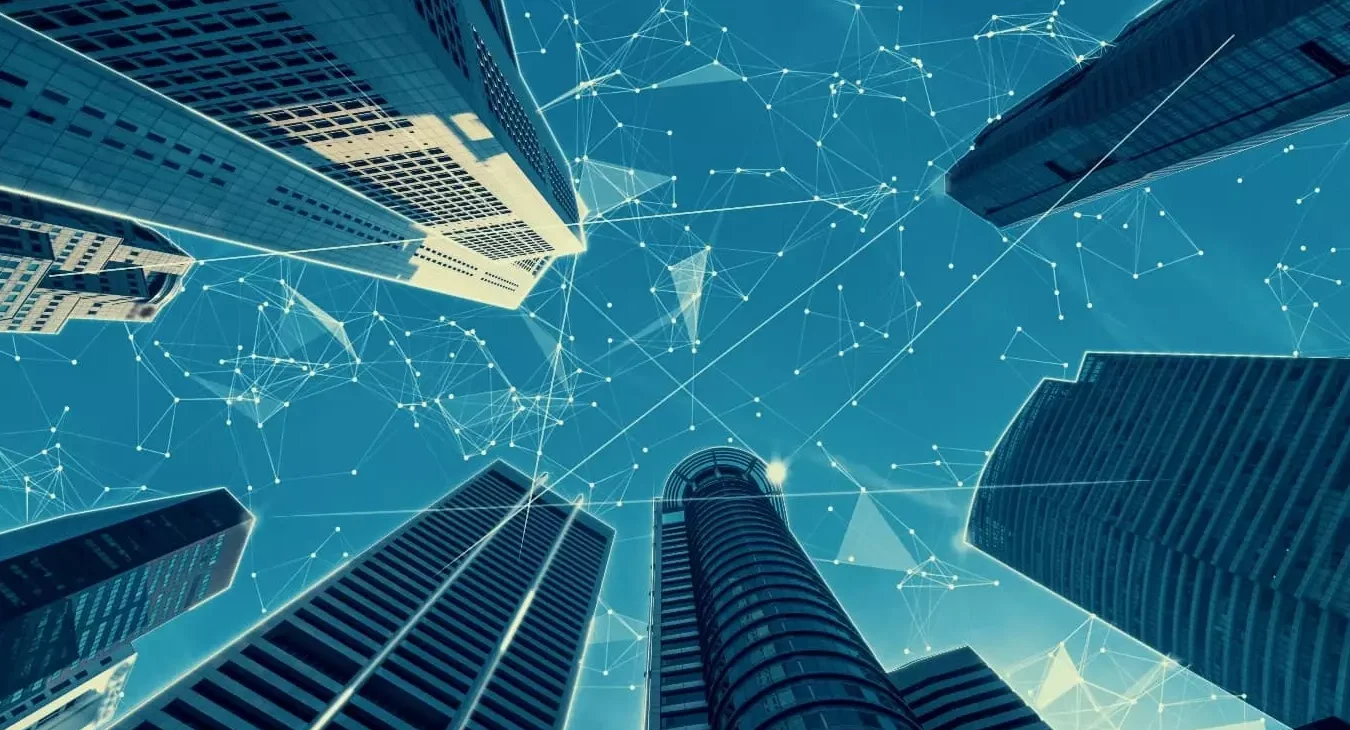Introduction to Artificial Intelligence (AI)
Artificial Intelligence (AI) is a rapidly growing technology that is transforming every aspect of our lives. At its core, AI refers to the ability of machines to perform tasks that would typically require human intelligence, such as learning, problem-solving, and decision-making. The development of AI can be traced back to the 1950s, with significant advancements being made in the field of machine learning and natural language processing . Today, AI plays a crucial role in many industries, including healthcare, finance, and transportation. With the ability to analyze vast amounts of data and make predictions based on that data, AI is changing the way we live and work.
The importance of AI in today’s world cannot be overstated. Investments in AI have led to transformative advances that are now impacting our everyday lives, such as mapping technologies and voice-assisted smart phones. AI is also being used to address societal issues, such as climate change and healthcare disparities. As AI technologies continue to evolve, they are becoming increasingly essential to maintaining a competitive edge in many industries. However, the widespread adoption of AI also raises important questions about its impact on society, the economy, and governance.
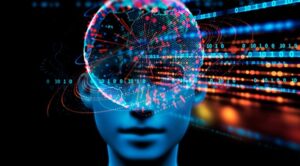
The applications of AI are vast and varied, and it is already transforming many industries. In businesses, AI is being used to streamline job processes and aggregate business data, leading to increased efficiency and productivity. In healthcare, AI is being used to develop personalized treatment plans and improve patient outcomes. The use of AI in transportation is leading to the development of autonomous vehicles, which could revolutionize the way we travel. As AI continues to advance, it is clear that its impact on our lives and industries will only continue to grow.
The impact of AI on industries
Artificial intelligence (AI) has revolutionized the healthcare industry by providing innovative solutions to improve patient outcomes. By analyzing large amounts of medical data, AI can assist healthcare professionals in making more accurate diagnoses and treatment plans . Additionally, AI can increase the efficiency of care delivery, enabling healthcare systems to provide better care to more people . AI also has the potential to transform the practice of medicine by providing personalized treatments based on individual patient data . AI has the ability to understand the day-to-day patterns and needs of patients, allowing healthcare professionals to better care for their patients . Thus, AI is transforming the healthcare industry by improving patient outcomes and enabling better care delivery.
The finance industry has also been transformed by AI, with its ability to handle large amounts of data and improve customer experiences. AI has provided better methods to handle data, enabling banks to improve their services and products. AI has also allowed for the automation of many financial processes, replacing human judgment in certain aspects of the economy. AI can also improve customer relationships by providing personalized recommendations and assistance. Thus, AI is transforming the finance industry by providing better services and improving customer experiences.
The education industry is also being transformed by AI, with its ability to provide personalized teaching and learning experiences. AI can assist teachers in providing personalized teaching so that students can learn at their own pace. AI can also analyze data to identify areas where students may be struggling and provide additional support. Additionally, AI can improve the efficiency of administrative tasks, allowing teachers to focus on teaching. Thus, AI is transforming the education industry by providing personalized learning experiences and improving the efficiency of administrative tasks.
The impact of AI on our daily lives
Artificial Intelligence (AI) has become an integral part of our daily lives, especially in the realm of smart homes. The democratization of AI has made it more accessible and affordable for many people, leading to the development of interconnected smart home devices that can be controlled with voice commands or mobile apps. Machine learning and data analytics are also used in conjunction with AI to identify patterns and improve efficiency in smart homes. The impact of AI in smart homes has revolutionized the way we interact with our living spaces, making them more convenient, energy-efficient, and secure . Furthermore, AI can connect multiple Internet of Things (IoT) devices, providing superior processing and learning abilities to pre-empt the needs of the user.
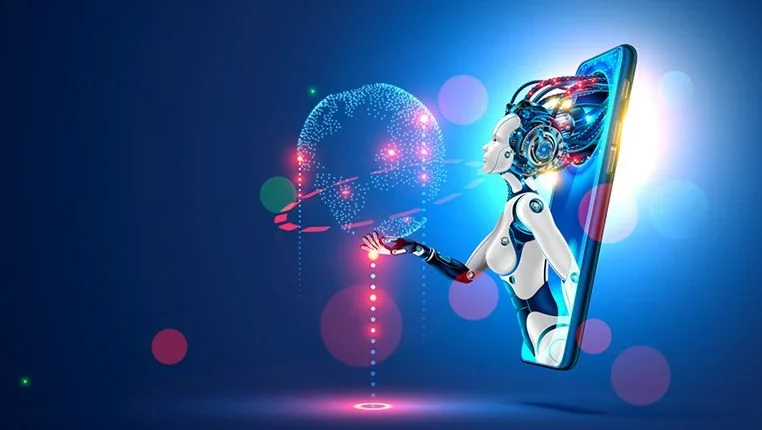
AI has also had a significant impact on transportation, helping to increase passenger safety, reduce traffic congestion and accidents, and lessen carbon emissions. Semi-autonomous vehicles, for example, have the ability to learn and adapt as they make decisions, making transportation more efficient and reliable. AI systems can also manage fleets by providing real-time updates to all members of a fleet team, streamlining the process. In addition, AI technology collects real-time information about the route, sends data to the cloud, and uses predictive analytics to optimize travel time. Thus, AI in transportation has the potential to revolutionize the way we travel and make it safer, more efficient, and more sustainable .
The media and entertainment industries have also been transformed by AI. Personalized experiences for viewers have become possible through AI-powered recommendations and content curation . AI has also enabled real-time customization, packaging, and transmission of content, enriching the viewers’ experience and facilitating improved ad sales. In addition, AI is creating space for humans to do the jobs only they can do, leaving the tedious, time-consuming tasks up to machines. AI is even transforming the film industry, with visual storytelling partners using AI to enhance the creative process. Thus, AI is revolutionizing the way we consume and create media and entertainment.






